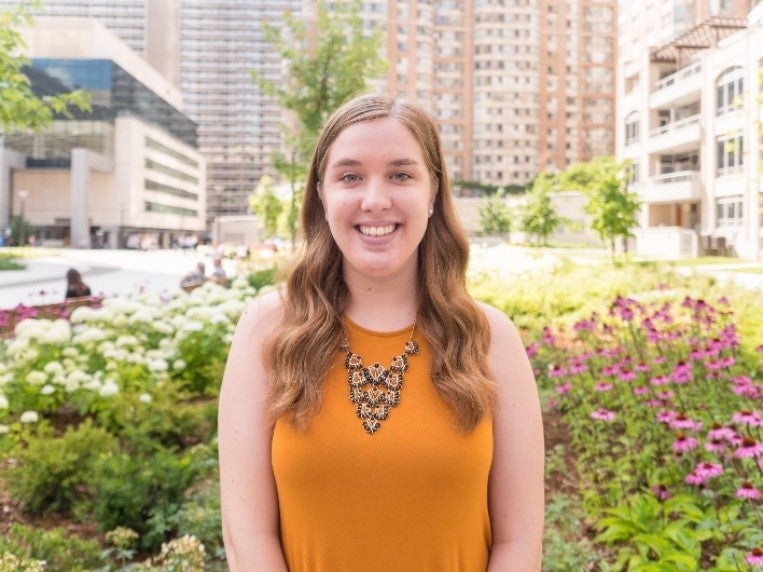
by Jacqueline Harber
When I chose to come to the University of Waterloo, I was excited for the opportunity to have a co-op placement. I knew once I received my graduate degree, I wanted a competitive edge to enter the job market. The university had countless resources tailored to graduate students available for me to use when applying to jobs and preparing for my co-op term. For example, the Centre for Career Action has workshops and one-on-one sessions you can book with advisors. Some of the resources I took advantage of were: Resumes & Cover Letter workshops for Grad Students, a Skill Development Plan Workshop and I met with advisors to directly get feedback on my resumes and cover letters for specific jobs I was applying to on the co-op job board. All of these resources will stick with me when I apply to any job in my future and ultimately helped me land an 8-month co-op placement with the Ontario Public Service.
I am currently 7 months into my placement as a Policy Assistant for the Planning, Environment Resource and Land Policy Cluster. I have found that as a co-op student for the government, different branches and divisions are open to giving you new opportunities to learn. For example, I got to assist with summarizing consultation comments for the Regional Government Review and I got to assist with briefing notes for Executive level staff and briefing/orientation decks. Something I recommend to everyone on a co-op placement is to take on every opportunity you possibly can. Ask to help with a special projects because you can learn new skills and expand your professional network. Also, keep track of your accomplishments so that you can use this on resumes when applying for jobs in the future and discussing your past experiences and skills.
For those interested in working for the Ontario Public Service, I strongly recommend being open to stepping out of your comfort zone and contacting fellow public servants for informational interviews. This was something I had never done before, but my manager had recommended, and she assured me that people appreciate when young professionals want to learn more about different ministries or roles in government. I emailed people in different branches and departments I was interested in and when we met, they not only interested in sharing their stories but also learning about me. Some even sent me journal articles once they learned about my graduate research. All in all, co-op during my Masters has allowed me to break out of my comfort zone. Moving to Toronto, connecting with other public servants and asking to assist with special projects were all daunting at first, but proved to be very rewarding. I would recommend the co-op option for this program to everybody as it provides a valuable break from academics to grow professionally and build a network to help advance you further into your career.